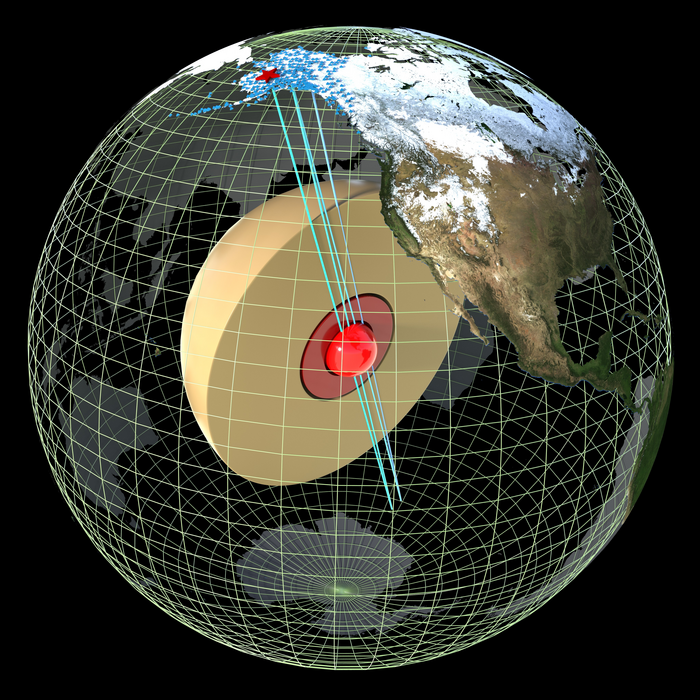The Emergence of an Internet Civil Framework
According to Pia Mancini of Palo Alto, California’s DemocracyOS Foundation, in a recent TED Talk, “we are 21st century citizens doing our best to interact with 19th century designed institutions that are based on an information technology of the 15th century. Isn’t it time we start asking: What is democracy for the Internet era?”
Another group from New Zealand, Loomio, has created an online tool for collaborative decision-making built on modern, cutting-edge software. We’ve all experienced the frustration of trying to discuss issues and reach consensus on platforms like Facebook and Twitter; these platforms were simply built for other purposes, mostly sharing information. They don’t seem to be platforms that can be adapted to a streamlined decision-making process or the sharing of ideas and critiques.
As is clear with Loomio, discussion groups can be created for very small, local issues, such as putting speed bumps in a neighborhood or deciding whether or not to have a local gardening co-op on vacant land nearby.
Both of these projects have received significant press from mainstream media as they are software that is at the forefront of campaign and team integration. These technologies are built on open source software, use block chain security, are multi-language, and current users include:
- The Congress of Buenos Aries
- PAMI Retirement System for retired citizens in Argentina
- The Net Party – the first political party to run with the promise of always voting according to DemocracyOS
- Democracy OS – Chile, France, India, Mexico, Peru, Columbia, Hungary, and more.
- Individual politicians, including Councillor Ben Kallos of the Fifth District of New York City
- Supervisor Mark Pharaoh, who represents District 2 in San Francisco
- Councillor Nadeem Mazen of Cambridge, Massachusetts.
Following is Mancini’s TED Talk:






